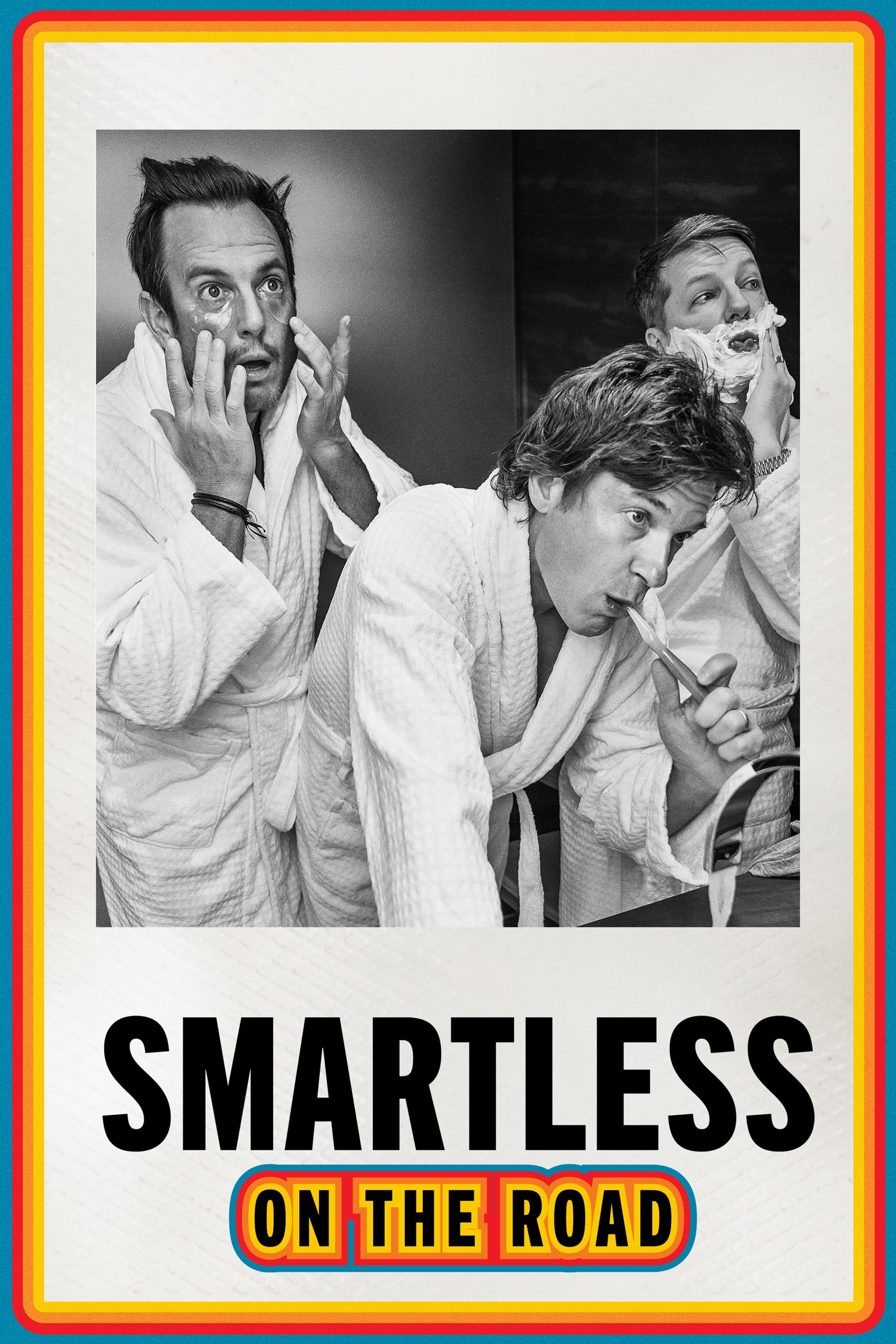
Gil Shaham, Eric Jacobsen & The Knights – Beethoven, Brahms: Violin Concertos (2021)
FLAC (tracks) 24 bit/96 kHz | Time – 01:14:57 minutes | 1,31 GB | Genre: Classical
Studio Masters, Official Digital Download | Front Cover | © Canary Classics
Violinist Gil Shaham partners with The Knights, a Brooklyn-based ensemble conducted by Eric Jacobsen, for his first recording of the Beethoven violin concerto. Shaham was captivated growing up listening to David Oistrakh’s recording of the Beethoven over and over again, and it continues to inspire awe in him. Despite the 1000’s of times he played the Beethoven live in concert, the whole emotional journey is as fresh here on this recording as if he was playing it for the first time. In his own words “If there is ever music which changes and effects the soul, this is it.” This is arguably the most anticipated addition to his recorded oeuvre. The Brahms concerto was one of the last recordings Shaham made as a DG artist, a much lauded live performance with Abbado and the Berlin Philharmonic Orchestra.
“It was a lot of D major – and not much else on the programme”. So said Brahms of the 1879 premiere of his Violin Concerto in D Major, after his friend and the concerto’s dedicatee Joseph Joachim insisted on opening the concert with Beethoven’s Violin Concerto of 1806, also in D Major. Fast forward to Gil Shaham’s pairing of them in this second recording with The Knights under Eric Jacobsen (who are a welcome sight on any billing), and with performances such as these there’s no danger of feeling remotely over-saturated by D Major or anything else. In fact I’m not sure when a recording of either of these two warhorses hit so many of the right buttons in one fell swoop. Add the fact that Shaham is, I believe, the first major violinist to even dare to pair them back to back on the same programme (Milstein’s 1953/4/5 readings of the two with Steinberg and the Pittsburgh were paired for EMI’s “Great Recordings of the Century series”, but were originally released separately), and there’s even some programming gold for period authenticity fans.
It is of course the Beethoven which comes first, taken at a relatively brisk set of tempi and yet never with the sense of feeling hurried. Warm, sweet-toned Shaham nails his colours to the mast from his opening bounds, where his personality-rich combination of sprightly greyhound speed and subtle rubato is almost Szell-like; and from here it’s a story of silkily singing freedom of line, playful rubato, and the odd carefully placed playful portamento and bounce. The tone, phrasing and overall architecture of his first movement cadenza (interestingly the Kreisler crowd favourite rather than the Joachim) is to die for. His Rondo (featuring what sounds, reviewing without access to the sleeve notes, like Shaham’s own cadenza in the optional first slot, in addition to the Kreisler for the main one later) opening is especially striking for the way he’s playing two contrasting characters off against each other, the first low-register thematic statement coming darkly husky, then its upper-register repeat super-sweet and light and noticeably dropping from piano to pianissimo. From The Knights meanwhile it’s a nimbly buoyant, always elegant Classical sound, flowing constantly forwards (except for their own deliciously teasing rubato hesitations), Jacobsen cruising everyone smoothly through the first movement’s transitions, and always with the impression that they’re bouncing off Shaham. Also each other, such as the woodwind passings in the Rondo.
That awareness of each other is even more noticeable across the Brahms. Also immediately striking is its first movement’s unusual pace, because at 19’25” it’s a good three minutes faster than the average, and some listeners will find Shaham’s semiquaver sextuplets rather uncomfortably fast. Sill, it’s hard not to be ultimately won over by his delectable tone (glowing up top, smouldering down below), the degree to which he and the orchestra are engaging with each other as if this were chamber music, and the sheer passion shining out from every ardently rendered phrase; and speaking of ardency, their not-so-adagio Adagio (7’38”, compared to Isabelle Faust’s 8’50” and Hilary Hahn’s 9’31”) is straightforwardly ravishingly rapturous. Plus, funnily enough, while their final Allegro giocoso is the one they take at a more at standard tempo, it’s also an unusually flowing one, when so often this movement can sound disappointingly lumbering. Here, by contrast, it has a beautifully natural, long-lined singing quality to its merriness, making for a zinging end to one of the most exciting – revisionary in its thinking, in fact – core repertoire concerto recordings to hit this critic’s ears in quite a while. – Charlotte Gardner
Tracklist:
01. Gil Shaham, Eric Jacobsen & The Knights – Violin Concerto in D major, Op. 61: I. Allegro ma non troppo (21:19)
02. Gil Shaham, Eric Jacobsen & The Knights – Violin Concerto in D major, Op. 61: II. Larghetto (08:36)
03. Gil Shaham, Eric Jacobsen & The Knights – Violin Concerto in D major, Op. 61: III. Rondo. Allegro (09:52)
04. Gil Shaham, Eric Jacobsen & The Knights – Violin Concerto in D Major, Op. 77: I. Allegro non troppo (19:25)
05. Gil Shaham, Eric Jacobsen & The Knights – Violin Concerto in D Major, Op. 77: II. Adagio (08:05)
06. Gil Shaham, Eric Jacobsen & The Knights – Violin Concerto in D Major, Op. 77: III. Allegro giocoso ma non troppo vivace — Poco più presto (07:38)
Download:
https://hexload.com/uiio6pk5o8jx/GilShahamEricJac0bsenTheKnightsBeeth0venBrahmsVi0linC0ncert0s20212496.part1.rar
https://hexload.com/kn1wko8xb4b6/GilShahamEricJac0bsenTheKnightsBeeth0venBrahmsVi0linC0ncert0s20212496.part2.rar
https://xubster.com/77im9rsky86g/GilShahamEricJac0bsenTheKnightsBeeth0venBrahmsVi0linC0ncert0s20212496.part1.rar.html
https://xubster.com/8ix9e29ljj88/GilShahamEricJac0bsenTheKnightsBeeth0venBrahmsVi0linC0ncert0s20212496.part2.rar.html



























![Michelle Ross, Eric Jacobsen & Odyssey Orchestra – Vivaldi: The Four Seasons (2023) [Official Digital Download 24bit/48kHz]](https://imghd.xyz/images/2023/12/19/mqf2p8rct58ma_600.jpg)
![Gil Shaham, Orli Shaham – Nigunim, Hebrew Melodies (2013) [Official Digital Download 24bit/44,1kHz]](https://imghd.xyz/images/2023/07/25/bp4246zmutvea_600.jpg)
![Branford Marsalis, Eric Jacobsen & Virginia Symphony Orchestra – Sound of the Sun (2023) [Official Digital Download 24bit/96kHz]](https://imghd.xyz/images/2023/06/12/yyehveg3i9ojc_600.jpg)
![Gil Shaham – Bach: Sonatas & Partitas (2015) [Official Digital Download 24bit/44,1kHz]](https://imghd.xyz/images/2023/03/21/chl5qykl5l9bb_600.jpg)
![Gil Shaham – 1930s Violin Concertos, Vol. 1 (2014) [Official Digital Download 24bit/96kHz]](https://imghd.xyz/images/2023/02/18/zf4cgfsu95gwa_600.jpg)
![Gil Shaham, SWR Symphonieorchester, Nicholas McGegan – Mozart: Violin Concertos (2022) [Official Digital Download 24bit/48kHz]](https://imghd.xyz/images/2022/03/10/aa711d9v7zula_600.jpg)